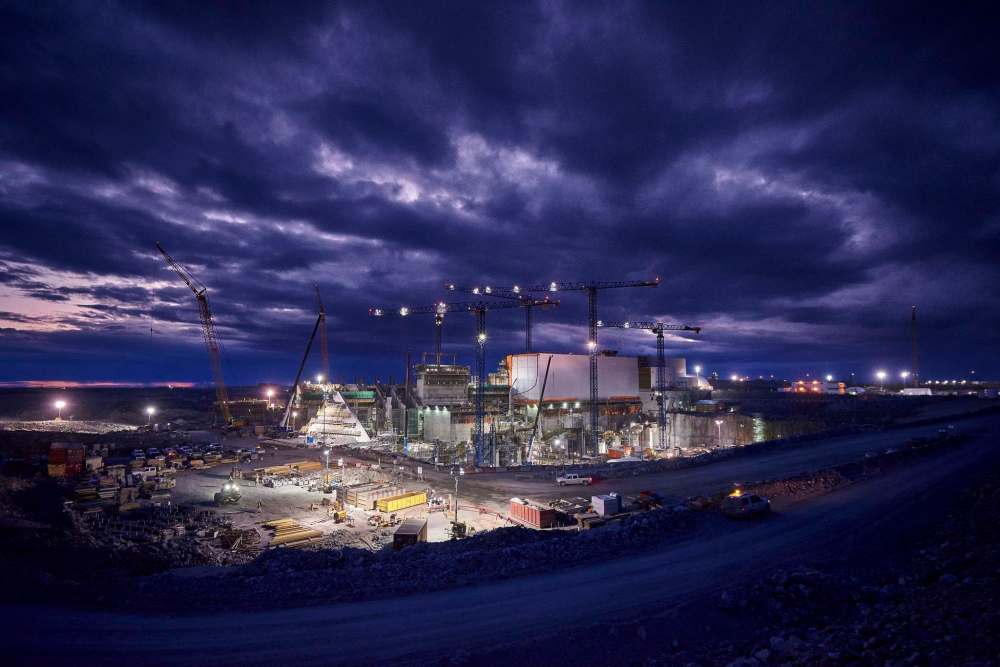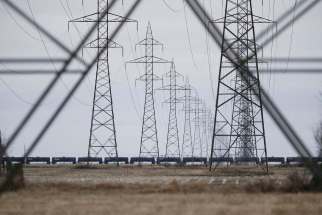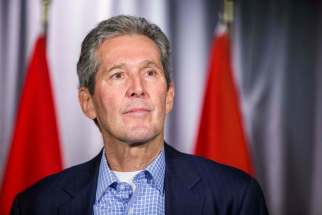Green record respect has to be earned to be given
Read this article for free:
or
Already have an account? Log in here »
To continue reading, please subscribe:
Monthly Digital Subscription
$0 for the first 4 weeks*
- Enjoy unlimited reading on winnipegfreepress.com
- Read the E-Edition, our digital replica newspaper
- Access News Break, our award-winning app
- Play interactive puzzles
*No charge for 4 weeks then price increases to the regular rate of $19.00 plus GST every four weeks. Offer available to new and qualified returning subscribers only. Cancel any time.
Monthly Digital Subscription
$4.75/week*
- Enjoy unlimited reading on winnipegfreepress.com
- Read the E-Edition, our digital replica newspaper
- Access News Break, our award-winning app
- Play interactive puzzles
*Billed as $19 plus GST every four weeks. Cancel any time.
To continue reading, please subscribe:
Add Free Press access to your Brandon Sun subscription for only an additional
$1 for the first 4 weeks*
*Your next subscription payment will increase by $1.00 and you will be charged $16.99 plus GST for four weeks. After four weeks, your payment will increase to $23.99 plus GST every four weeks.
Read unlimited articles for free today:
or
Already have an account? Log in here »
Hey there, time traveller!
This article was published 22/01/2020 (2150 days ago), so information in it may no longer be current.
Premier Brian Pallister’s Rodney Dangerfield act on how Manitoba gets no respect from Ottawa on its greenhouse gas record may make for clever soundbites. But his claims the province is leading the country on fighting climate change aren’t supported by the facts.
Chastened Trudeau softens stance on Manitoba carbon-tax plan

Posted:
It took an electoral wipeout in Western Canada and a threatened Manitoba court challenge, but Prime Minister Justin Trudeau appears to be warming to Premier Brian Pallister’s request for carbon-tax leniency.
Pallister continued to peddle the idea this week Manitoba deserves special recognition for its record on reducing greenhouse gas emissions. He said the province has been a leader, especially when it comes to the billions of dollars it’s invested in Manitoba Hydro to produce clean, renewable energy.
“I want respect from Ottawa for the fact that Manitoba has an incredible green record,” Pallister said this week after meeting with Prime Minister Justin Trudeau in Winnipeg. “We deserve to be respected for our green record.”
Trouble is, Manitoba’s greenhouse gas record compared with other provinces isn’t great. It is one of only four provinces that had its emissions grow between 2005 and 2017 (the most recent data available from Environment Canada).
Manitoba’s emissions increased 7.7 per cent during that period, behind only Alberta, Saskatchewan, and Newfoundland. All other provinces, including Quebec and Ontario, reported a decline. Nationally, emissions fell two per cent.
“We want the respect we deserve as a province,” said Pallister. “We’re a green province, we’re proud of it.”
Pallister has been arguing Manitoba should get a special deal from the federal government on its carbon tax plan because of its record on GHGs. The premier says Manitoba should get credit for the substantial investments it’s made in building new dams and other hydro infrastructure.
“We’ve put billions of dollars at risk to green-up the environment, and we deserve respect for that,” said Pallister, adding Manitoba has invested triple what British Columbia and Quebec have on hydroelectricity on a per capita basis over the past 10 years.
That may be, but greenhouse gas emissions come from many sources, including outside of power generation.
When you add it all up, Manitoba’s emissions have grown from 20.1 megatonnes in 2005 to 21.7 Mt in 2017. By contrast, Canada’s GHGs fell to 716 Mt from 730 Mt during the same period.

Ontario’s emissions fell 22 per cent from 2005 to 2017, mainly due to the closure of coal-fired electricity generation plants. Quebec’s GHGs dropped 9.8 per cent, and British Columbia’s fell 1.5 per cent.
Industrial emissions have been the biggest driver behind Manitoba’s GHG growth. Transportation has also been a significant factor, including from light-duty gasoline trucks (such emissions soared 44 per cent in Manitoba in 2005-17). Agricultural emissions also grew slightly during that period.
Residential energy has been largely flat over the past dozen years, while emissions from solid waste disposal have declined.
“I’m a farm boy, I don’t like dirty,” said Pallister, who often reminds people he grew up on a farm near Portage la Prairie. “Our family’s a fifth-generation farm family that understands we’re stewards of the environment, of the soil, of the air, of the water, for the next generation.”

Pallister’s farm-boy stories aside, Manitoba’s record on emissions is anything but green when compared to the rest of the country. Even when measured on a per capita basis, Manitoba is about middle of the pack.
Statistics Canada does its own emissions measurements, using slightly different methodology than the one used by Environment and Climate Change Canada (the official benchmark for GHGs). Based on that data, as calculated by Nova Scotia’s Finance and Treasury Board, Manitoba ranks fifth among the provinces in GHGs at 16.3 tonnes per capita. Quebec has the lowest at 10.9, and Alberta the highest at 66.3. The national average is 20.8.
Manitoba is only one of three provinces that had its per capita GHGs rise between 2009 and 2017 (although only very slightly at 0.1 per cent). Nationally, per capita GHGs fell by 0.3 per cent.
No matter how you slice it, Pallister’s claim Manitoba is leading the country when it comes to greenhouse gas emissions is simply not accurate.
He may want more respect from Ottawa on Manitoba’s environmental record, but according to the data, it wouldn’t be warranted.
tom.brodbeck@freepress.mb.ca

Tom has been covering Manitoba politics since the early 1990s and joined the Winnipeg Free Press news team in 2019.
Our newsroom depends on a growing audience of readers to power our journalism. If you are not a paid reader, please consider becoming a subscriber.
Our newsroom depends on its audience of readers to power our journalism. Thank you for your support.











